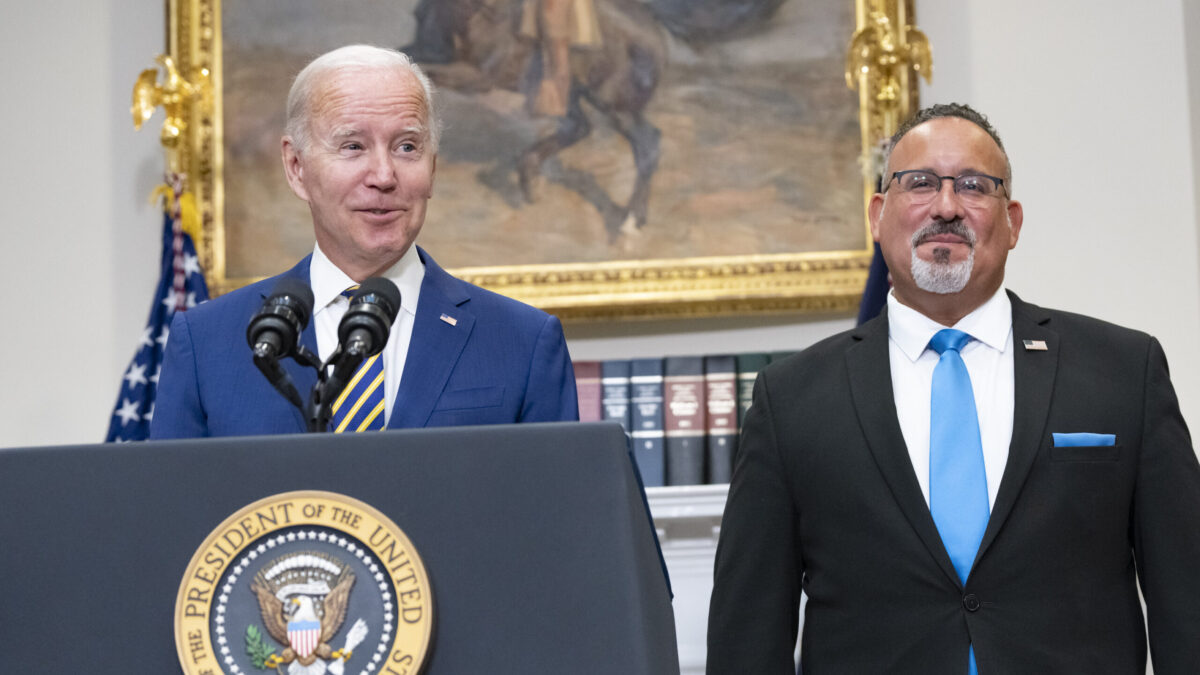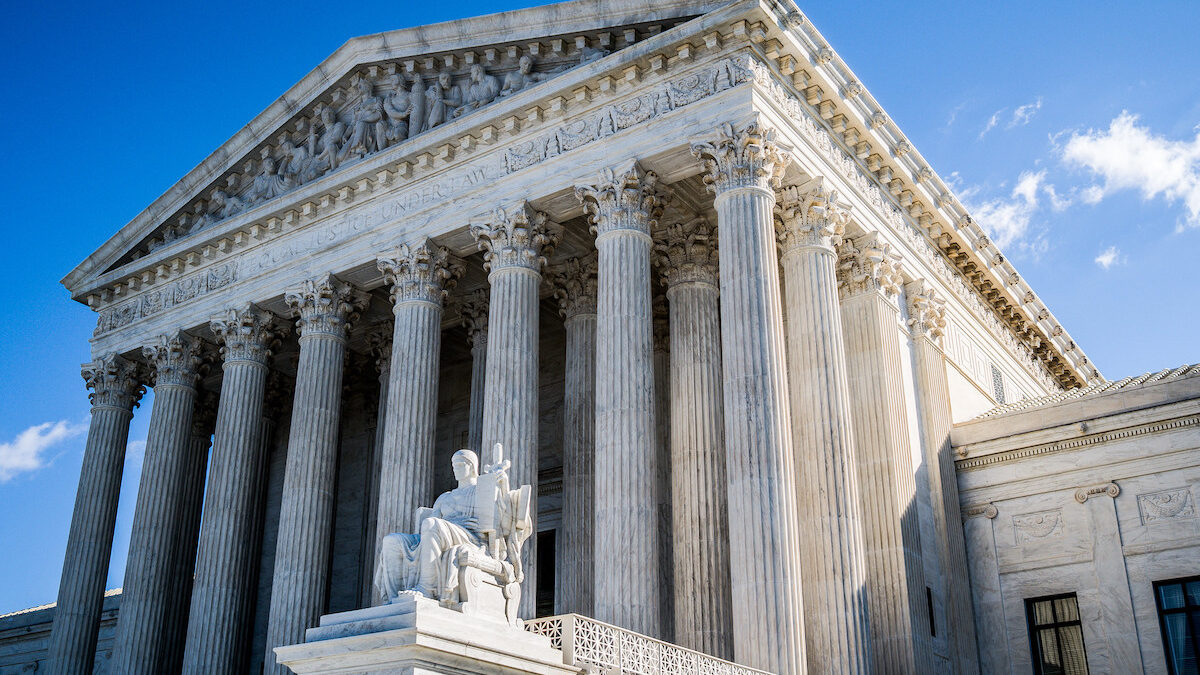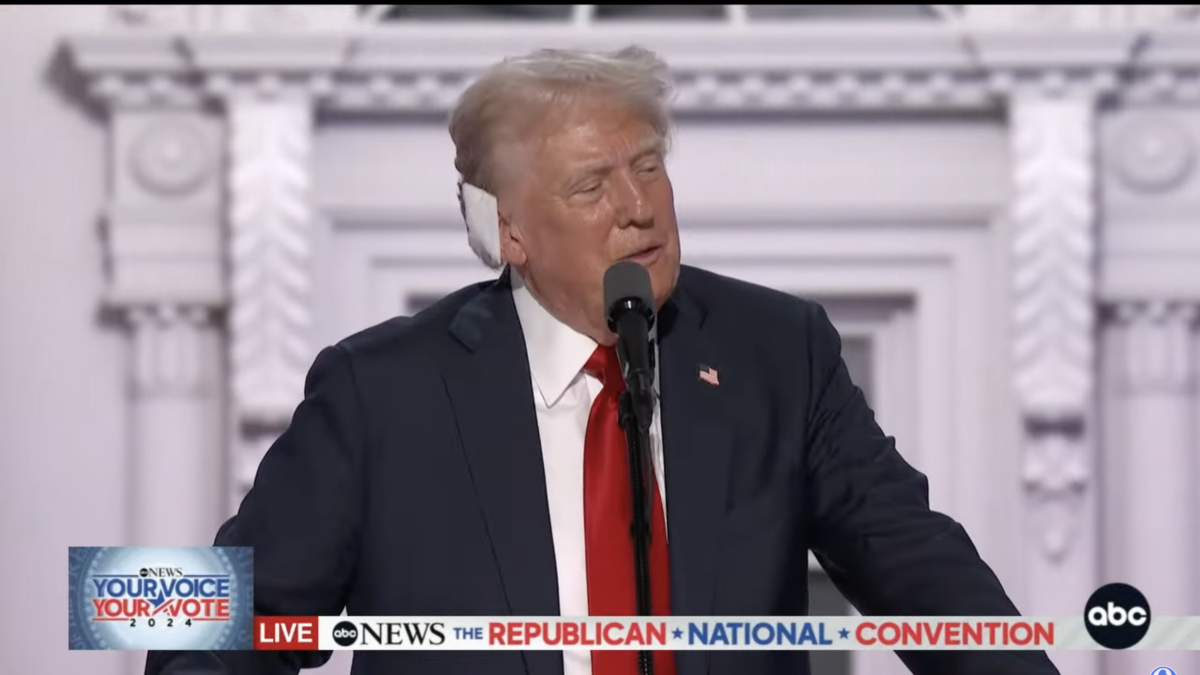Anne Applebaum, author of the fantastic “Iron Curtain” and other histories, took to the pages of the Washington Post late last week to defend the “neutral” civil service as essential to American liberal democracy. She credits the so-called merit system for producing efficient and apolitical administration of government, and warns that dismantling it will result in the kind of corrupt governance that abounds in places like Venezuela and Turkey.
But the modern civil service is neither efficient nor apolitical. The efficiency of the federal government is a perpetual joke, due in no small part to a system of employment that makes firing lazy, incompetent, or outright defiant workers nearly impossible.
It can take years and multiple appeals—proceedings that give the dismissed employee a level of protection comparable to a civil trial—to fire someone for even the most obvious of causes. DeWayne Hamlin, a corrupt manager at Veterans’ Affairs, was convicted of a felony while on the job by the standards of a criminal court, but still was allowed to resume work (and get paid) while his civil service appeals played out for months.
Hamlin was not alone, and the consequences of keeping known bad apples can be dire. The employee who sent out the mistaken incoming missile alert in Hawaii at the height of tensions with North Korea was a known ne’er-do-well, who was kept around only because firing him would have been a Herculean effort.
Only three in 1,000 federal employees were dismissed from their jobs in 2016. Is Applebaum’s contention that 99.7 percent of them were doing a stellar job for the American people? No private company could operate with this kind of Byzantine nightmare system, which ironically is said to protect “merit.”
The frustrations of keeping on inefficient employees pale in comparison to the consequences of shielding an entire class of people who exercise government power from democratic accountability.
In 2016, 95 percent of political donations from federal employees went to Hillary Clinton. After Donald Trump’s election, career staff from multiple agencies gathered publicly to learn how to best employ their official duties to “resist” the policies of the elected president. Bureaucrats whose closest interaction with American voters is likely getting angry at their political uncles at Thanksgiving dinner felt empowered to launch a department investigation into the president’s constitutionally secured power to appoint an agency head.
Apolitical? The only places more politically lopsided than the civil service are our university faculty lounges! The career service could fairly be described as the branch of the Democratic Party that does not have the inconvenience of standing for election.
The Washington DC public transportation system often has advertisements aimed specifically at the civil service, galvanizing employees into action to protect and expand government benefits. It would be foolish to imagine that the 2.8 million people employed by the ever-expanding administrative state don’t have a vested interest in its continued expansion of power.
Furthermore, Applebaum downplays the drawbacks of a permanent bureaucratic class when she mentions that they can “run rings around politicians,” which is a rather innocuous way of describing the fact that civil “servants” often have little accountability to elected officials, and thus to the American people themselves.
While there are doubtless many meritorious and patriotic civil servants, the neutral “civil service culture” Applebaum refers to does not exist in administrative agencies today. Instead, the attitude that shocked the nation when it was exposed in FBI agent Peter Strzok’s texts—partisan and entitled to power without oversight—is the norm.
Modernizing the civil service won’t turn back the clock to the age of the spoils system—which, as an aside, included some of the best-run administrations in American history, such as Abraham Lincoln’s. Instead, reforming federal employment to look more like what the average private-sector taxpayer encounters at his job will make the government more efficient and, more importantly, make sure that elections have consequences, even in Washington.









